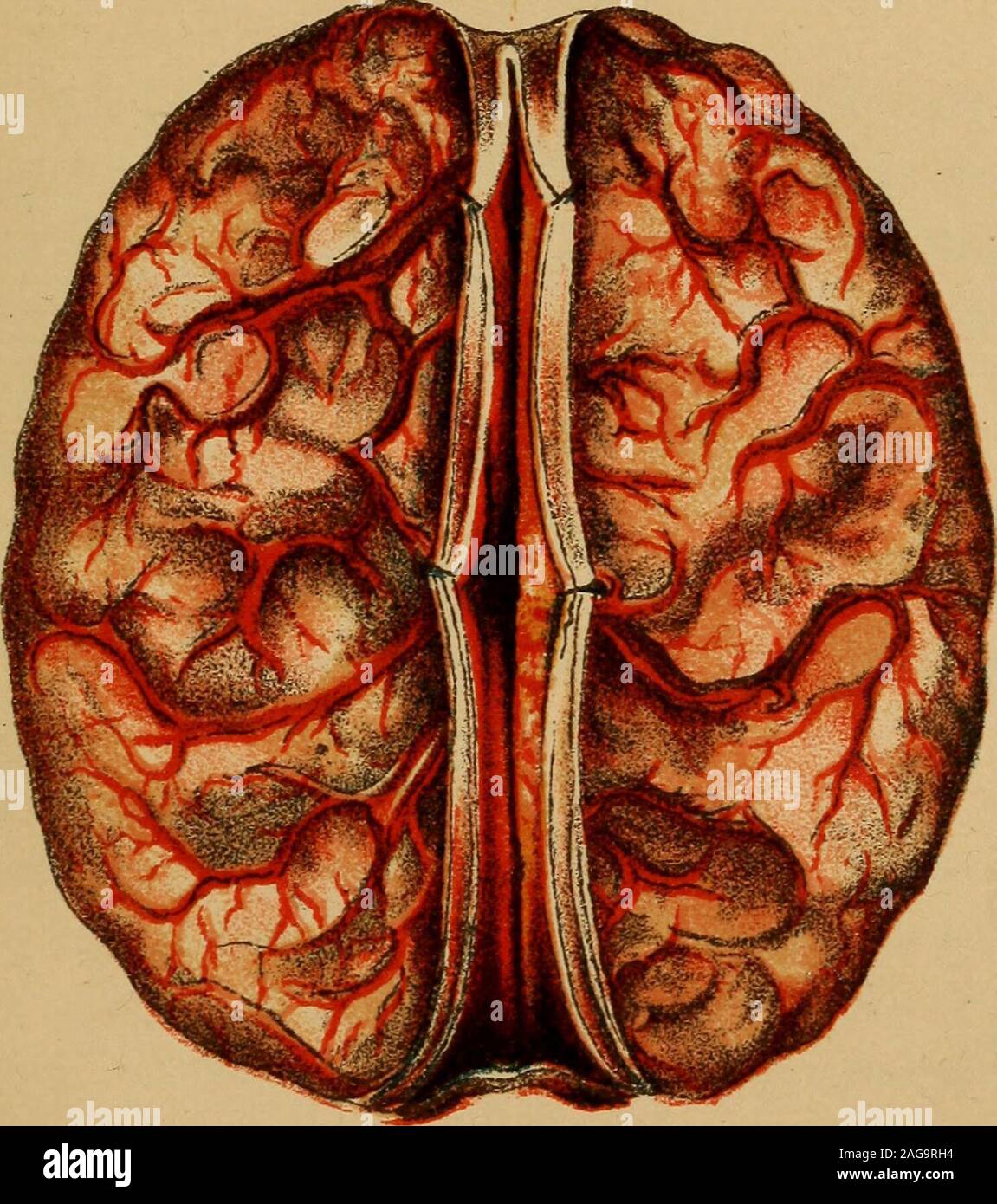

The hippocampus is part of the limbic system, which is involved in both memory and emotional aspects of survival instincts. People who are intoxicated have difficulty walking, but alcohol use causes long-term damage to the cerebellum that leads to difficulties in coordination that may not entirely resolve with abstinence. The cerebellum is involved in maintenance of posture, balance, and coordination. The frontal lobes of the cerebrum are particularly sensitive to alcohol and potentially compromise initiation of motor activity and behavioral integration, which involves connecting behavior, intellect, and emotion.

It is involved in controlling consciousness and voluntary processes. The cerebrum is the largest portion of the brain. Drink even more, and your life expectancy will drop by years. Drinking more than seven beers a week on a sustained basis will reduce your life expectancy by six months. Long-term, the toxic effects of alcohol may be devastating to your mind and body, according to the National Institute on Alcohol Abuse and Alcoholism (NIAAA). Short-term consequences of alcohol use can be serious and potentially fatal – ranging from an angry outburst to a drunk-driving accident. People may say something or take an action they wouldn't have otherwise done if not under the influence and regret it later. When initially consumed, alcohol will lower inhibitions, which can affect judgment and behavior. In fact, a recent study in The LancetĬoncluded that no amount of alcohol is technically safe. Just as impairment starts with the first drink, so too do the toxic effects of alcohol on the brain and the body. Unfortunately, the short and long-term effects of alcohol can be devastating. However, the health consequences of alcohol are real and potentially immediate. 3 (2015): E718-E726.Ģ The Foundation for Advancing Alcohol Responsibility, “ Ask, Listen, Learn,” accessed September 2017.Many people perceive alcohol in a positive way because it helps them unwind and forget their stress, overcome social anxiety and cope with the challenges of pandemic life. VC Smith, Comm Subst Abuse, and Committee on Substance Abuse, “ Binge Drinking,” Pediatrics 136, no. The Medulla can work to fight off alcohol in your system, but if it is overwhelmed, alcohol poisoning can result. Alcohol causes the medulla to lower the body’s temperature, and that can lead to hypothermia. The Medulla controls vital functions like breathing and heart rate. Alcohol can cause increased need to urinate and lowered heart rate. The Hypothalamus keeps these working together. Drinking can lead to falling and slurred speech. The damage alcohol use can have on the Prefrontal Lobe can cause emotional instability, aggression, risky behavior, and other negative effects in children. This area of the brain changes the most during the teenage years, so if kids are drinking in elementary and middle school, there’s a real potential for harm later on. The Cerebral Cortex/Frontal Lobe (also a good one to look up with your child) is important for planning, judgment, decision-making, impulse control and language. This can lead to memory loss and poor school performance. Alcohol use can poison the nerve cells and cause permanent damage. This part is especially sensitive during your child’s development. Memory and learning are controlled by a part of the brain called the Hippocampus (look it up online with your child to learn more). Two crucial parts of the brain that control memory, learning, decision-making and personality are especially vulnerable to alcohol as a child grows. Alcohol can cut short its healthy growth and “re-wire” it in ways that cause physical, emotional and social harm to a child.

The brain of a young child is in development until around age 25. Many of the risks related to underage drinking are tied directly to the brain and its function. Alcohol can cut short the healthy brain development of a child.


 0 kommentar(er)
0 kommentar(er)
